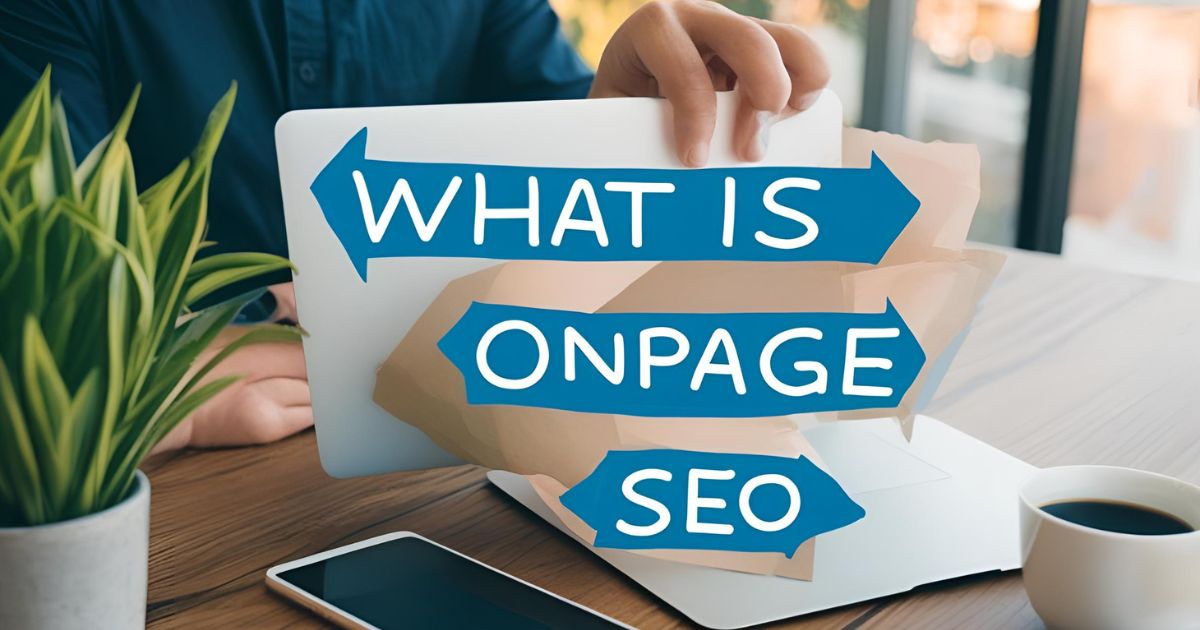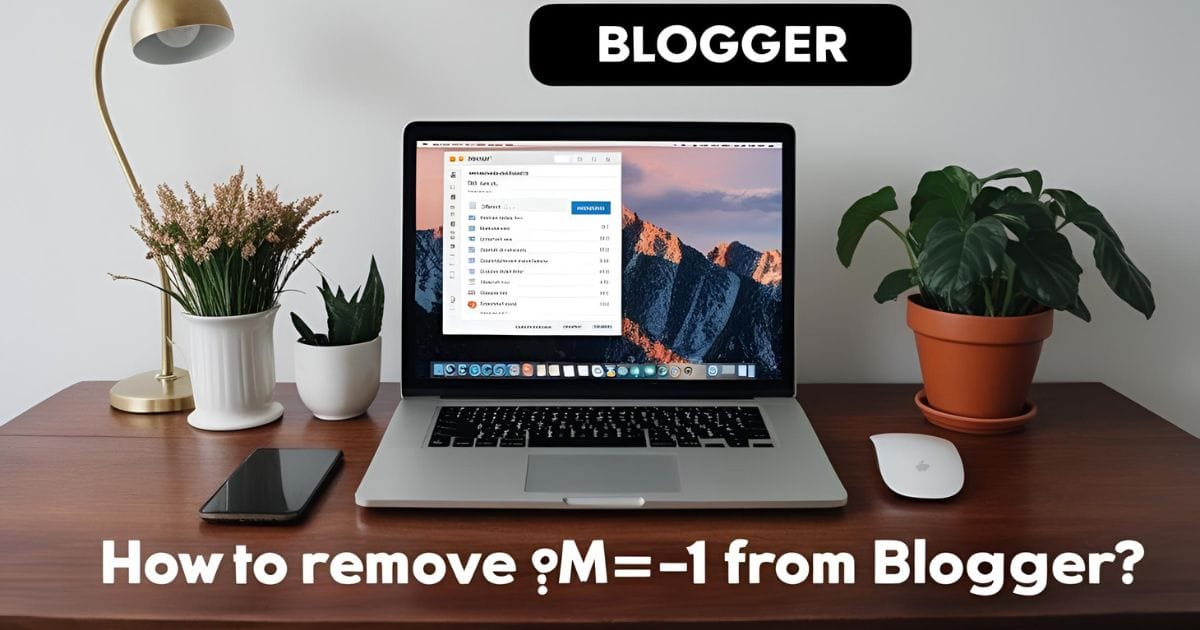On-page SEO is the practice of optimizing individual web pages in order to rank higher in search engines and earn more relevant traffic. This includes making changes to the text, images, HTML tags, and other parts of a webpage so that search engines like it more.
It also involves making the website structure and navigation easy for both search engines and users to understand. Common on-page SEO techniques include using relevant keywords in headlines and throughout the content, optimizing meta tags and alt tags, and ensuring that the website loads quickly and is mobile-friendly.

Read Also: How to add inline related post in WordPress?
What Is On-Page SEO
On-page SEO is the practice of optimizing individual web pages to rank higher and earn more relevant traffic in search engines. This includes optimizing the content, images, HTML tags, and other elements of a webpage to make it more attractive to search engines. It also involves making the website structure and navigation easy for both search engines and users to understand. Common on-page SEO techniques include:
- Using relevant keywords in headlines and throughout the content.
- Optimizing meta tags and alt tags.
- Ensuring that the website loads quickly and is mobile-friendly.
- Having a good website architecture and navigation
- Creating quality and informative content
- Using heading tags properly
- Utilizing structured data and schema markup
- Optimizing images and videos
- Creating a sitemap and submitting it to search engines.
- Optimizing URLs for better readability
All these techniques help search engines understand what your website is about, and how it can help users. It is important to note that on-page SEO is just one part of the larger SEO process, and it should be done in conjunction with off-page SEO techniques such as link building to achieve the best results.
Read Also: How to show last updated date on GeneratePress
On-page SEO has several benefits:
It helps search engines understand the content of your website: On-page SEO techniques such as using relevant keywords and optimizing meta tags and alt tags help search engines understand the subject matter of your website, and how it can help users.
It improves the user experience: Techniques such as ensuring fast loading times, good website architecture, and mobile-friendliness all help to improve the user experience and make it easier for users to find the information they are looking for.
It can increase visibility in search results: Properly optimized web pages have a better chance of ranking higher in search engine results, which can lead to more traffic and visibility for your website.
It can lead to better conversion rates: A well-optimized website that is easy to navigate and provides high-quality content is more likely to convert visitors into customers.
It can lead to better brand reputation: A website that is optimized for search engines and provides a good user experience can help to build trust and credibility with users, leading to a better overall reputation for your brand.
It can help establish your site as an authority: By providing valuable, informative, and engaging content, you can establish yourself as an authority in your niche and help position your website as a go-to source for information.
Read Also: What is SEO Copywriting || How to Write an SEO-friendly Copy?








